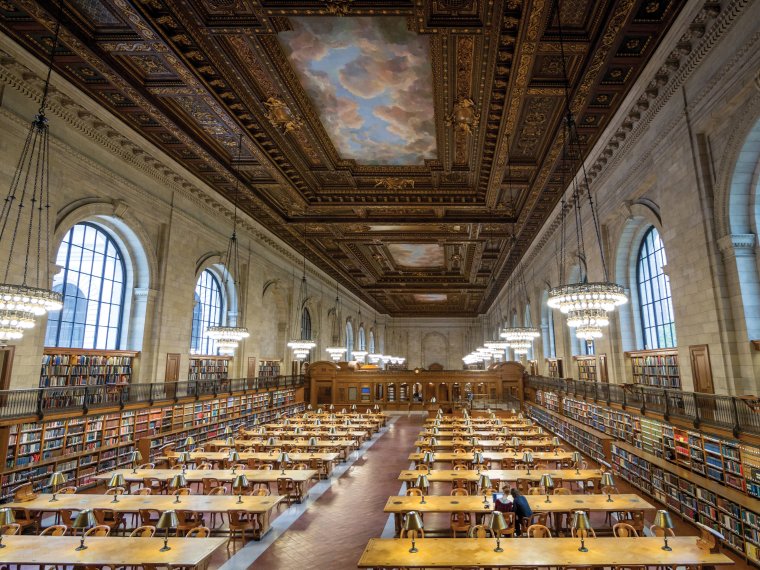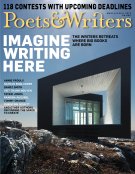When I showed up at the Cullman Center in 2004, I was years into the composition of a novel about Argentina’s “Dirty War,” a book set in a city I’d only ever been to for a wedding, and at a moment in history that took place when I was six or so years old. The point is, I needed to do research, and there’s nowhere better than the New York Public Library—because of the vast resources buried beneath Bryant Park, and the dream librarians who’ll help you dig them out. As a fellow who was there to write fiction—who lives from writing fiction—it would be crazy not to state how much a year of financial support, and space to work, and access to all that coffee, made finishing that novel, The Ministry of Special Cases, possible. And maybe the greatest gift was the conversations with a group of truly wise and creative folks. It also doesn’t hurt if you love the building where you work. That library is astonishing. I loved staying there long past closing. I loved the days when I was the last one out and getting to turn off all those light switches—shutting off a hunk of the NYPL’s second floor. I always say, it felt like I was turning off the Statue of Liberty for the night.

Dorothy and Lewis B. Cullman Center for Scholars and Writers: Nine-month research fellowships from September through May for poets, fiction writers, and nonfiction writers at the New York Public Library in midtown Manhattan. Fellows are provided with up to $70,000, office space, and full access to all NYPL collections. Typical deadline: late September. New York Public Library, Cullman Center Fellowships, Stephen A. Schwarzman Building, Fifth Avenue and 42nd Street, Room 225, New York, NY 10018. www.nypl.org/csw (Credit: NYPL)
Three Points of Productivity:
1. Cohort, cohort, cohort. Are those three elements? We had such a dream team the year I was there. Great minds, and great support, and just an excellent exchange of ideas (all under former director Jean Strouse’s watchful eye). I was there with T. J. Stiles and Hermione Lee and Colum McCann and Jenny Egan and Pankaj Mishra, and on and on.
2. Learning how to make the fellowship my own—that was important. I now love complete silence and being locked in an office…and daylight, but I was much more of a coffee-shop writer then, and also did a lot of writing at night. As the weeks went by, I slowly moved to the big table in the open area to do my composition and started staying later and later, after the building had closed. And that’s when I really got into a groove.
3. It was as a fellow that I first really understood how much physical activity helps with the writing. I got really into yoga when at the library. I’d go across the street to take a class at lunchtime. Then I’d come back and work some more. It was maybe the first time I so closely tied exercise to composition in that manner—as a useful, meditative way to clear the head and make the days longer and more focused.
Nathan Englander is the author of four books, including the novel The Ministry of Special Cases, published by Knopf in 2007.









